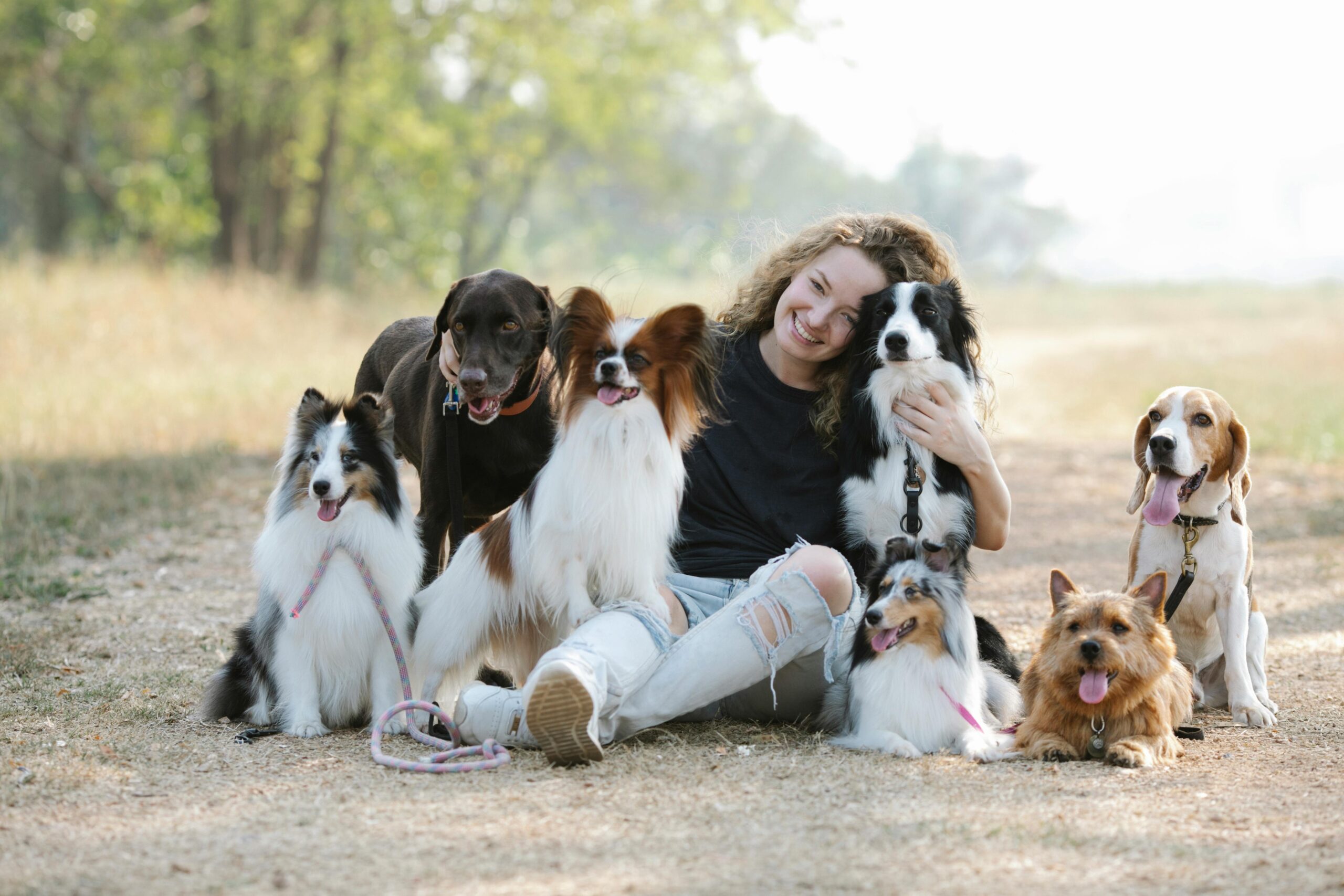Tips for new puppy owners
Welcoming a new puppy into your home is an exciting journey filled with joy and responsibility. To ensure a smooth transition and a happy, healthy puppy, it’s essential to focus on a few key areas: establishing a routine, socializing early, using positive reinforcement, and scheduling regular vet visits.
Establish a Routine
Creating a consistent routine helps your puppy feel secure and understand what to expect each day. Regular times for feeding, potty breaks, and playtime are crucial in building this sense of stability.
1) Feeding Schedule
Feed your puppy at the same times each day to regulate their digestion and prevent overeating. Consistent mealtimes also aid in housebreaking since puppies often need to go potty shortly after eating.
2) Potty Breaks
Take your puppy outside to the same spot for potty breaks at regular intervals, such as first thing in the morning, after meals, and before bedtime. This consistency helps them understand where and when it’s appropriate to go.
Socialize Early
Early socialization is vital for developing well-rounded social skills and reducing anxiety. Introduce your puppy to various people, places, and other animals in a controlled and positive manner.
1) Meeting People
Expose your puppy to different types of people, including men, women, and children. Positive interactions with diverse individuals help your puppy become friendly and confident around new faces.
2) Interacting with Other Animals
Arrange playdates with other puppies and well-behaved adult dogs. These interactions teach your puppy proper social cues and play behaviors, reducing the likelihood of aggression or fear in the future. Because the worst is when your puppy grows up to be very aggressuve, so it is great to start early.
Positive Reinforcement
Using rewards and praise to encourage good behavior makes training sessions enjoyable and effective. Positive reinforcement builds a strong bond and motivates your puppy to learn.
Treats and Praise
Use small, healthy treats to reward your puppy for following commands or exhibiting good behavior. Verbal praise and physical affection, such as petting and cuddling, also reinforce positive behaviors.
Consistent Training Sessions
Keep training sessions short, frequent, and consistent. Aim for multiple 5-10 minute sessions each day to maintain your puppy’s attention and reinforce learning.
Vet Visits
Scheduling regular check-ups with your veterinarian is essential to monitor your puppy’s health, vaccinations, and overall well-being. Early detection of potential health issues can prevent more serious problems down the line.
Regular Check-Ups
Regular vet visits allow for monitoring your puppy’s growth and development. Your vet can provide valuable advice on nutrition, exercise, and general care to ensure your puppy thrives.
Vaccination Schedule
Follow the recommended vaccination schedule to protect your puppy from common diseases. Your vet will guide you on the necessary vaccines and their timing.
By focusing on these foundational tips, you’ll set your new puppy up for a lifetime of happiness and good behavior. Remember, patience and consistency are key to building a strong and loving relationship with your furry friend. Enjoy every moment of this special time with your new puppy!



